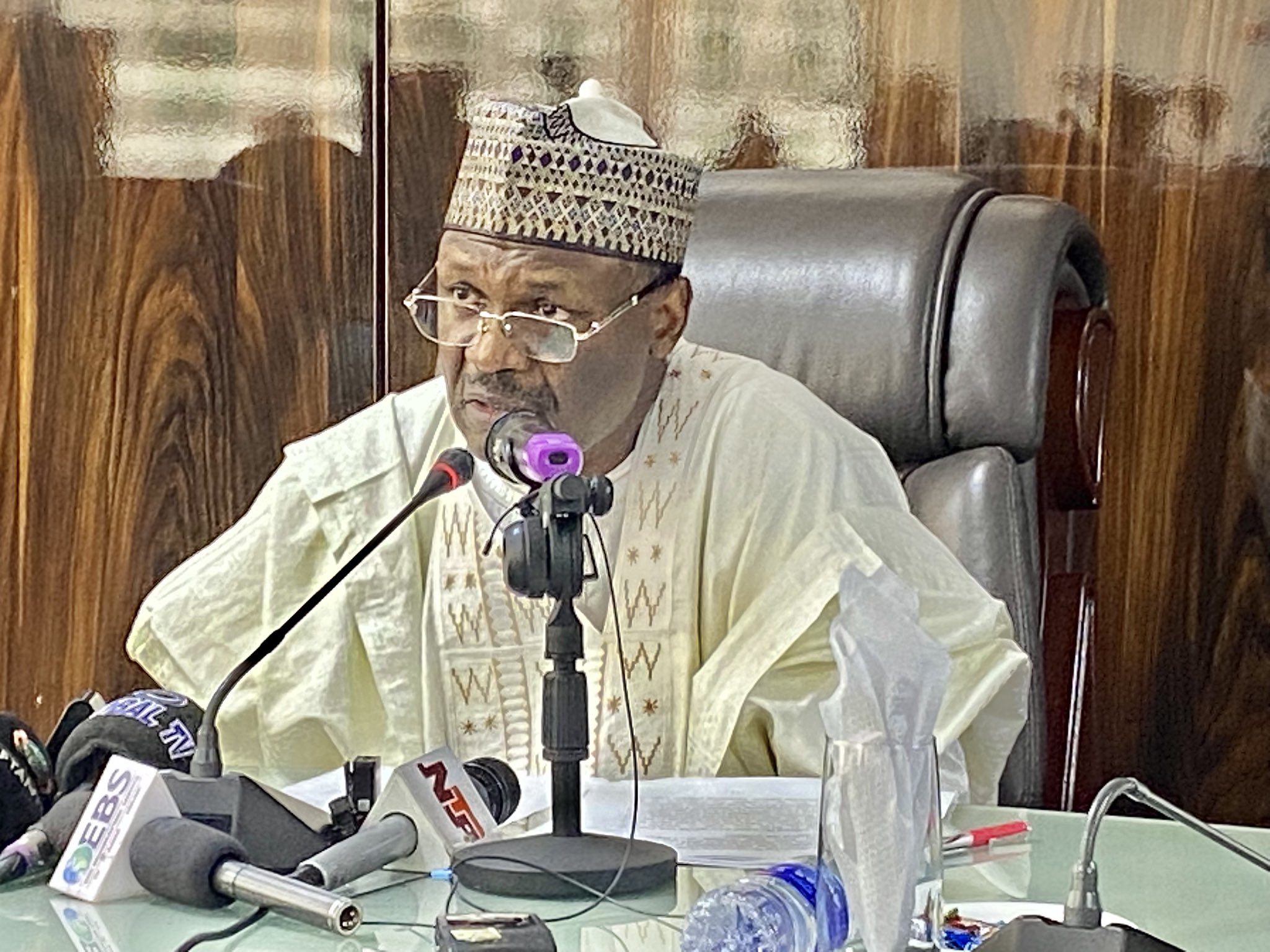Nigeria loses N11.5b to unprecedented flooding
The Permanent Secretary, Federal Ministry of Environment, Mahmud A. Kambari, has stated categorically that Nigeria lost agricultural produce worth N11.5 billion to flooding.
This was as he observed a broader pattern of increasing flood incidents across the country, exacerbated by climate change, urbanisation, and inadequate infrastructure.
While speaking at the Technical Committee Meeting on the National Flood Insurance Policy and Implementation Framework in Abuja, Kambari regretted that recently, approximately 3,000 people were displaced, 200 lives lost, more than 265 houses destroyed, and 503 households impacted by flooding in Mokwa, Niger State.
He explained that the gathering comes at a time when Nigeria is grappling with unprecedented flooding events that have wreaked havoc across various states, notably Borno, Adamawa, Kogi, Ondo, Jigawa, Anambra, etc, with over 1,000 farmers affected.
“It is with a profound sense of urgency and responsibility that we address industry experts and stakeholders, in the light of these recurring disasters, as we must transition from reactive measures to a proactive and sustainable approach to flood risk management,” he said.
The permanent secretary noted that the establishment of a National Flood Insurance Program (NFIP), as outlined in Section C 2.4.3 (iv) of the National Erosion and Flood Control Policy (NEFCOP), serves as a cornerstone of this strategy.
Citing that Borno State experienced catastrophic flooding following the collapse of the Alau Dam in 2024, he maintained that the disaster led to the submersion of 70 per cent of Maiduguri, the state capital, displacing over 419,000 individuals and resulting in the tragic loss of over 30 lives.
According to Kambari, the United Nations described this as the most severe flood to impact the region since the 1994 flood, affecting more than one million people. In Kogi State, over two million people were displaced, and more than 200 communities were submerged, with 60,000 hectares of land affected.
Explaining further, he stated that they will focus on comprehensive analysis, such as delving into the underlying causes of recent flood events in Borno, Jigawa, Ondo, Anambra, Benue, and Delta, among others, to inform their policy framework.
Kambari hinted, “We will have to bring together government entities, insurance industry leaders, environmental experts, and community representatives to foster a collaborative approach in developing a holistic, sustainable flood insurance programme.
“Report from Anambra State indicated that flooding impacted 54,422 individuals across seven local government areas, displacing 21,083 residents, with the disaster claiming about 29 lives. Early in the year, Kwara State experienced significant flooding that severely impacted agricultural communities.”












